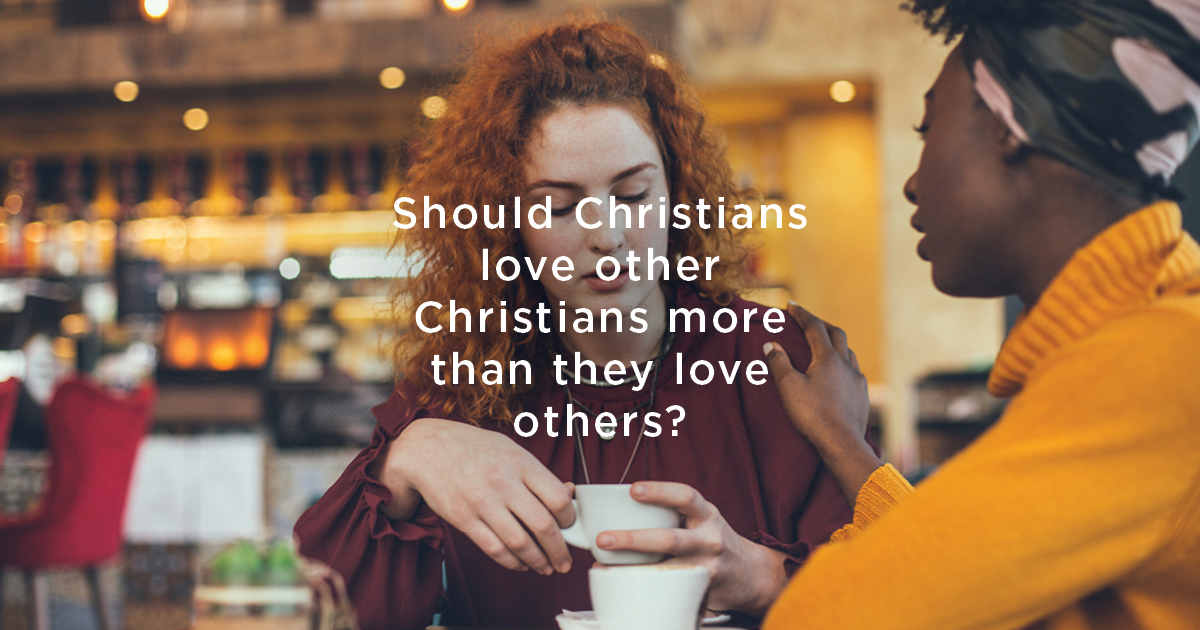
The suicide bombing of a church in Pakistan a couple of weeks ago, in which at least 85 people were killed, is a horrendous reminder of what Christians in countries throughout the world risk each week simply by going to church.
And, coming as it did at the same time as the Nairobi shopping-centre terrorist attack, in which people were targeted indiscriminately, rather than on the basis of their faith, it has raised a question in the western media, a question which is worth Christians thinking through:
Does it make any difference when the people affected by tragedy are Christians?
Some people have said that yes, it does, or should, and that our government should get more involved because of that. Others have pointed out that a murder is a murder, terrorism is terrorism, and death is no more or less of a tragedy, whoever it is who is killed. And Christians are called to love our neighbours as ourselves—no matter who they are or what they believe (Luke 10 v 25-37). Surely, then, our sympathy and our anger and our protests should be not only colour-blind, but creed-blind?
Perhaps surprisingly, the Bible says that it does make a difference to our reaction whether someone is a Christian or not.
Let’s do a thought-experiment to see how this works. You’re walking down a street one day and you see someone getting mugged on the other side. What’s the loving thing to do? Well, it’s to get involved, even at cost or risk to yourself; to make sure the victim gets help, and hopefully gets justice, too. It’s probably to check in a couple of days that the victim is recovering. That’s love for a stranger in action.
Now imagine that the person getting mugged is, you realise with horror, your mother. What’s the loving thing to do? Suddenly, the standard is higher: it would now be quite unloving simply to check on the victim once, a couple of days after. Because this is your mother, you’ll feel the outrage more keenly, you’ll be far more involved in her recovery, you’ll keep thinking about what happened far longer, and so on. That’s love for a family member in action.
And when it comes to Christians reacting to the suffering of another Christian, it’s the same. It’s a family thing.
Jesus himself said that his family is not supremely his physical mother and brothers, but everyone who calls his Father their Father, and who seeks to live his way (Mark 3 v 31-34). Christians should be devoted to one another with brotherly love (Romans 12 v 10—unfortunately, the new NIV translation completely misses this nuance!). And so we should “do good to all people, especially to those who belong to the family of believers” (Galatians 6 v 10). Members of the Christian family get preferential treatment from the rest of that family.
The fact is that if we insist that all Christians must treat all people equally, then we’ll simply do less for our Christian family, not more for others. If you banned yourself from doing more for your parents or children than you do for anyone else, you’d simply be a less good child or parent, not a better citizen. Loving my son more than you won't mean that I love you less; loving my mother better won't mean I have to love you worse.
So this is not to say that we should feel less and do less for non-Christian sufferers - please hear that loud and clear - in my case, I know that I should do more. But it is to say that, if we understand that trusting Christ brings us into his Father’s family, we will feel more, pray more, and act more for other members of that family when they are scared, hurting or desperate.
After all, if you’re a Christian, those injured and grieving believers in Pakistan are your family. That’s your brother in pain. And your sister in grief. Your relationship with them is the only human relationship you have that will last eternally.
Remember that, and we’ll soon find ourselves on our knees to talk to our Father about our family in Pakistan; and we may well find ourselves accessing our bank account to share some of our Father’s money with our family in Pakistan.
We won’t love others any less—but we’ll love them more. It’s a family thing.
[Just as a quick aside, none of those Bible verses were talking to governments. It seems strange to demand that the UK government, representing a mainly non-Christian country, should prioritise Christian sufferers above other sufferers. For them, unlike for the church, it’s not a family thing.]